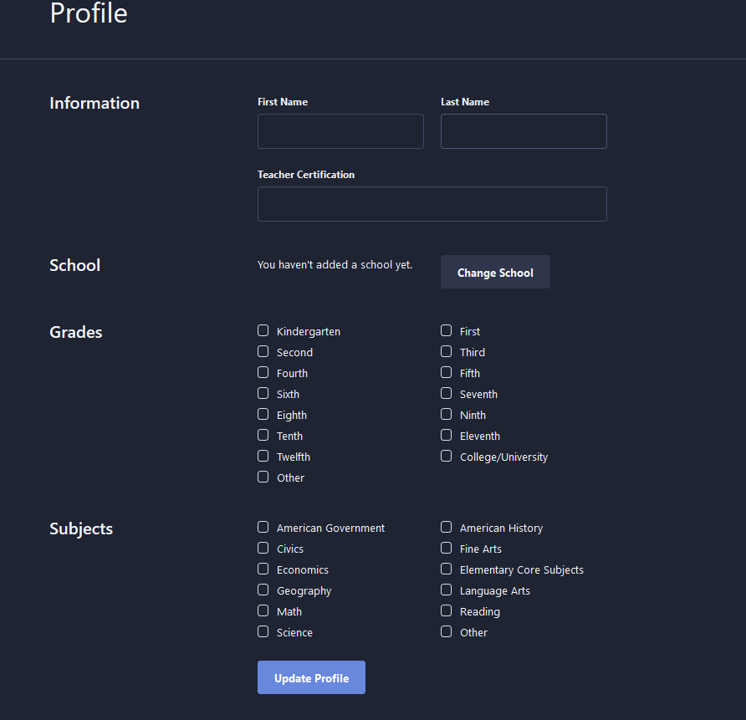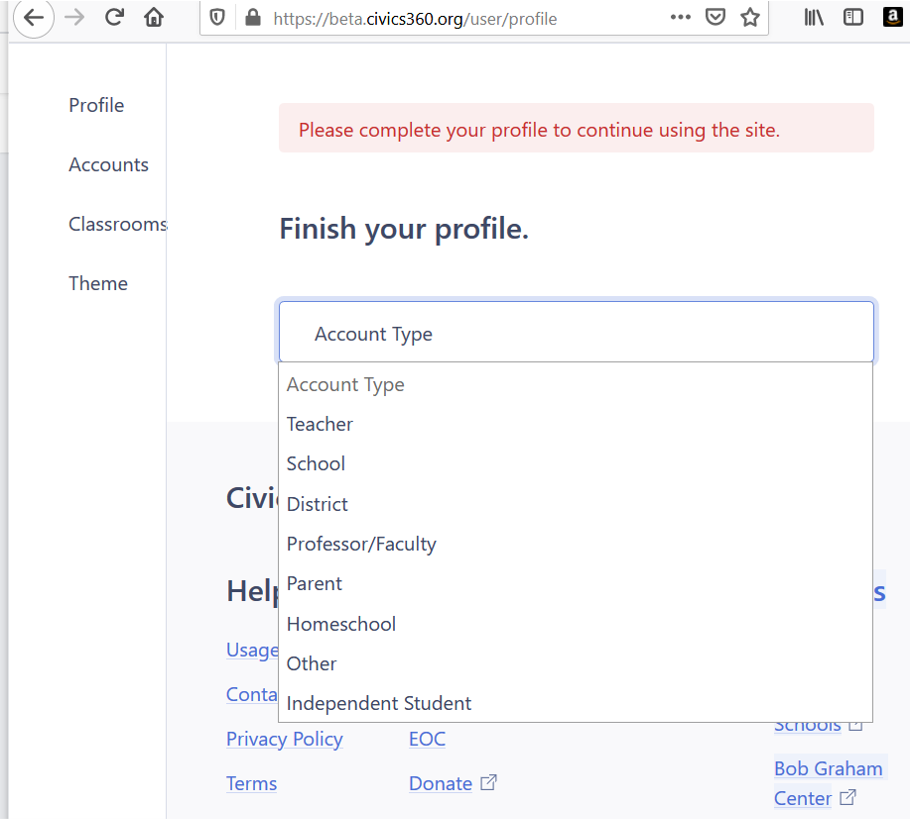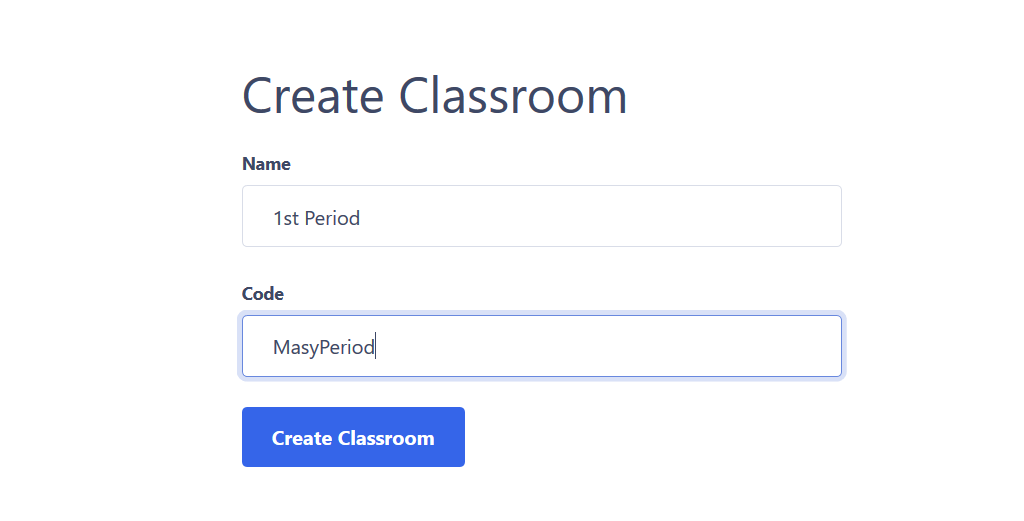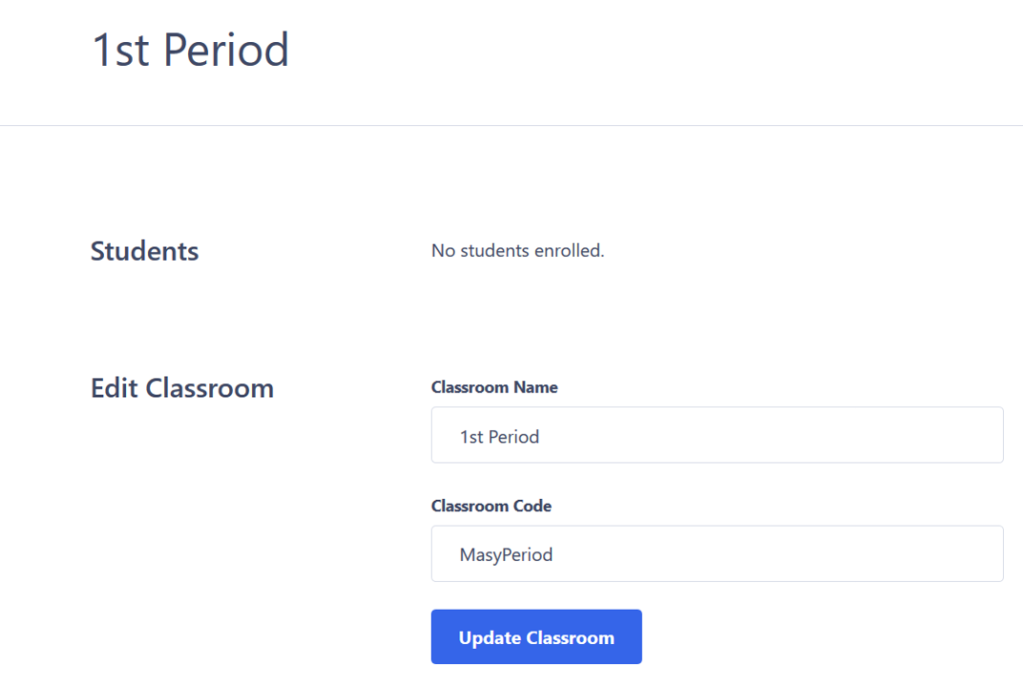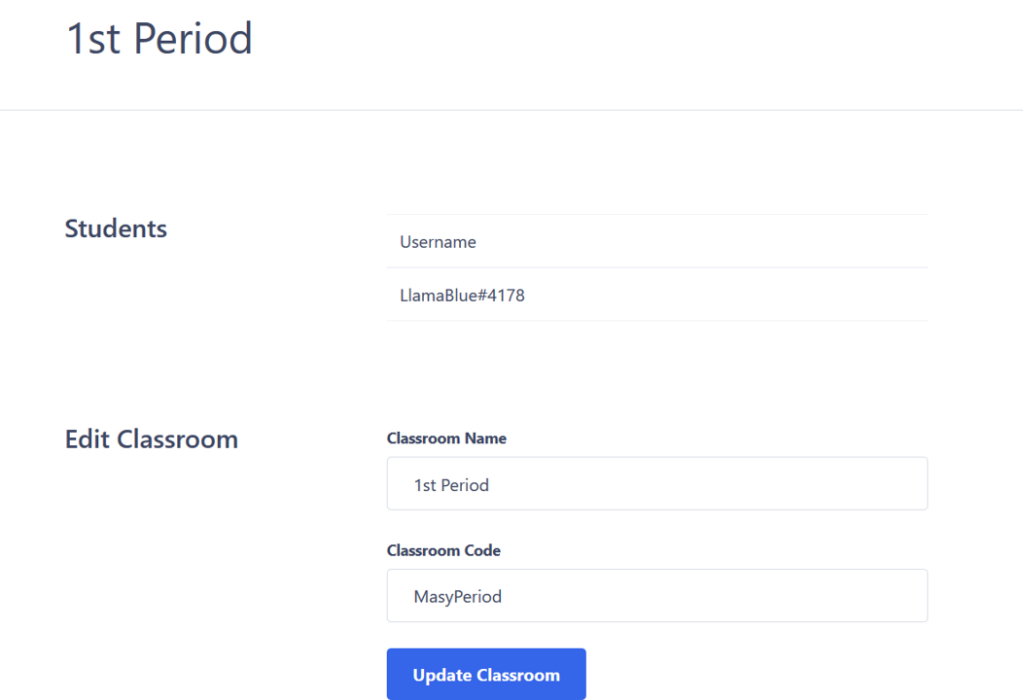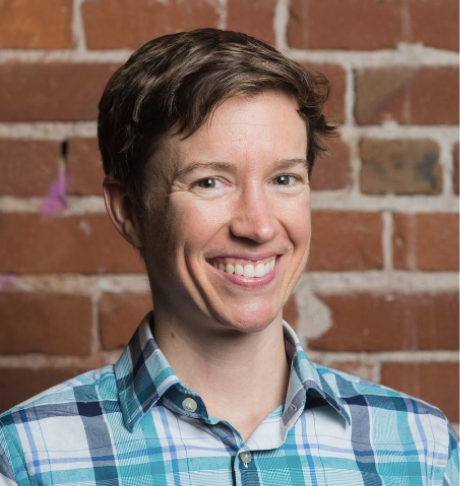On Tuesday night, when things looked dimmest for Biden-Harris, I saw plenty of “Bernie would have won” tweets, and also some arguments that the Democrats would gave done better if they had been more moderate on immigration. On the GOP side, too, there will be arguments about whether the party would have performed better if all their candidates were more Trumpian or whether Trump cost them the White House despite strong economic fundamentals.
It is important to argue about: (a) what is valuable and (b) what is politically feasible. The union of those two circles is what we ought to support. People disagree about both questions, and discussion can be helpful.
Our values can influence our estimates of what would win. If you are further left, you may be biased to believe that leftist policies would win–and the same for people all across the spectrum.
However, disciplined political thinkers try to separate the two matters in case what they want may mislead them about what they can win.
It almost never helps to argue with counterfactuals about past elections. The problem with “Bernie would have won” is not that it’s false. It’s unfalsifiable, untestable. It provides no analytic clarity.
I acknowledge that social science often seeks to estimate counterfactuals. For instance, a regression model estimates what would happen to the dependent variable if the independent variable changed from what it actually is. (If we spent more on preventive healthcare, the data may suggest, fewer people would get sick.) This kind of reasoning is essential for thoughtful planning. However, to make counterfactual inferences, we need the right conditions: usually lots of cases, each with many variables, from which we can infer trends. Natural experiments also work nicely. A given election is one ambiguous datapoint that can fit countless theories.
So my resolution is: I will argue about what I value and whether it can win the next election, but not what would have won in 2020. I think that’s a recipe for confusion. In any case, I am not looking forward to that particular form of debate.










